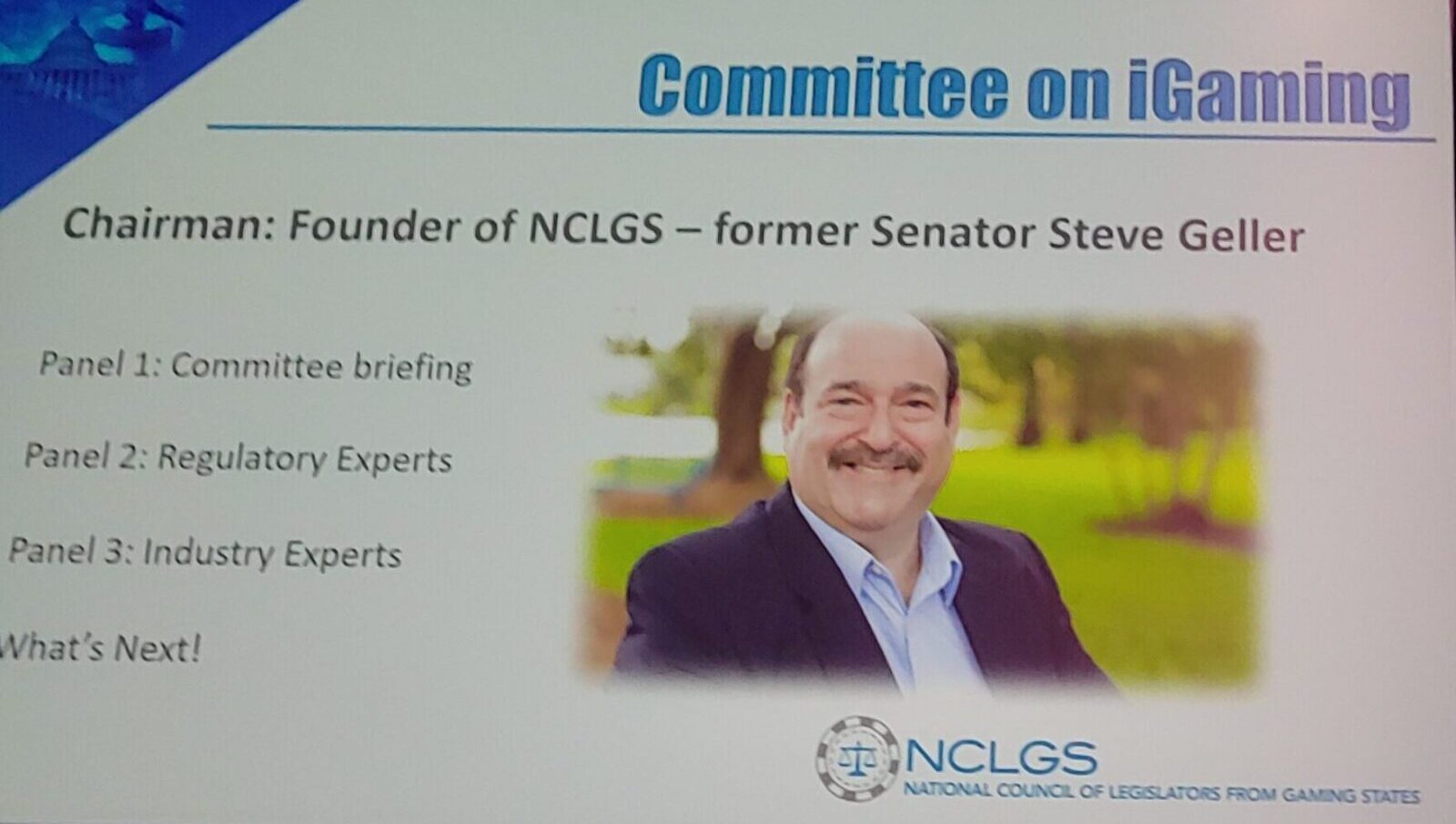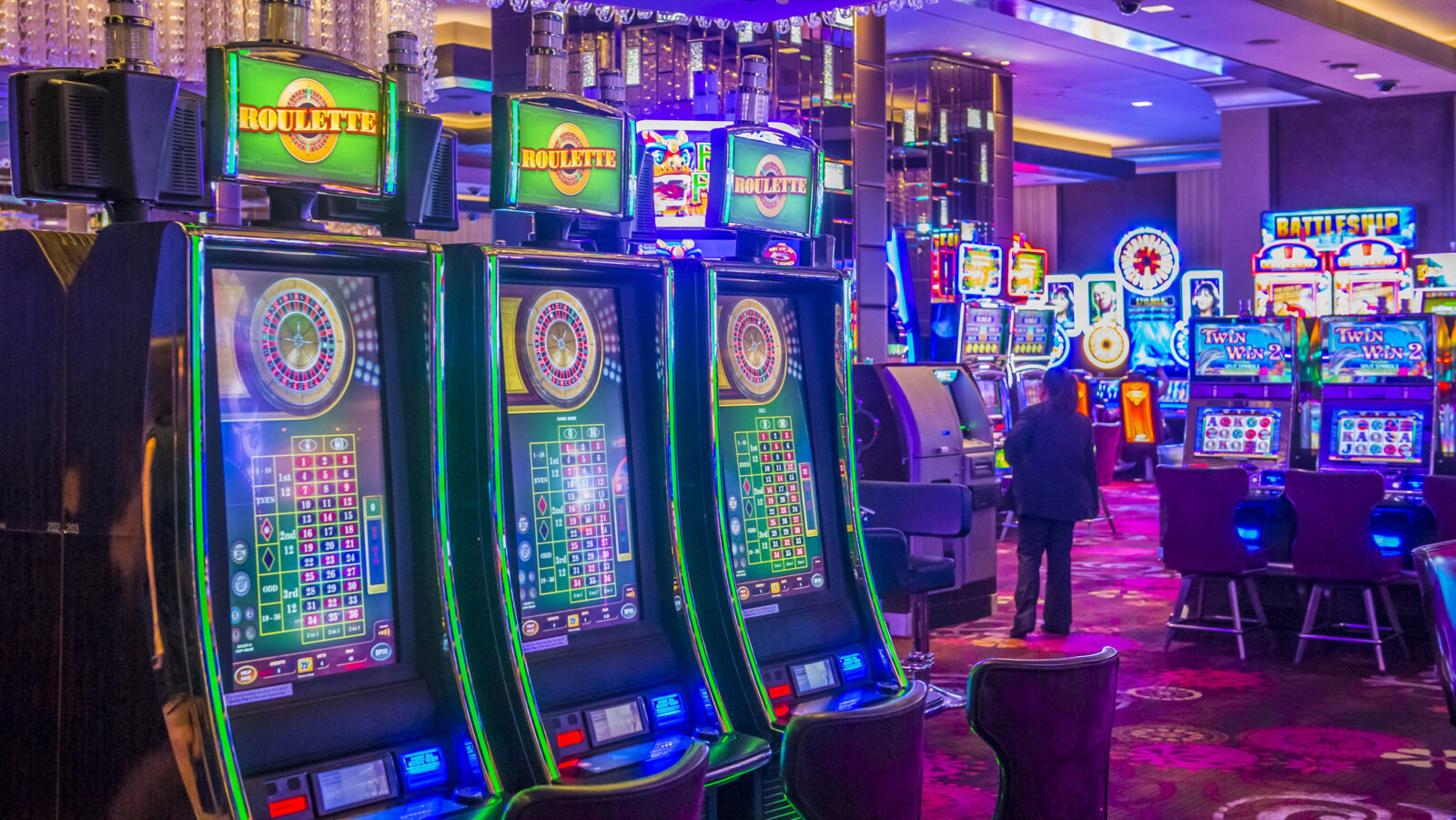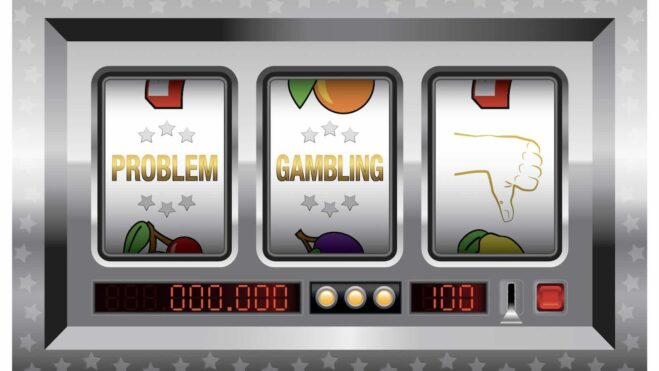Model iGaming Legislation Presentation In Pittsburgh Draws Discussion But Delivers Few Details
“Look, it’s not easy getting gaming legislation passed,” said Fluharty. “Let’s try to make it easier to build a foundation for states."
3 min

A lengthy presentation Thursday on model iGaming legislation planned by the National Council of Legislators from Gaming States (NCLGS) was filled with topics it will cover but short on details of what will be recommended.
A committee has been working for months on draft legislation and regulations that could be a framework for states looking to legalize online casinos, but the blueprint is not being circulated at the council’s four-day summer meeting taking place through Saturday at Pittsburgh’s Rivers Casino.
The organization’s leaders noted a tax rate between 15% and 25% will be among the recommendations. But other details will have to wait until a draft of the legislative proposal is circulated to members and stakeholders. The planned deadline for that is Aug. 1, after which public comments will be sought over a 30-day period, leading to subsequent revisions before a final version is produced in late 2024.
The model bill is to contain provisions covering key topics such as revenue generation, responsible gambling controls, advertising and promotion guidelines, data sharing with the research sector, and other aspects addressed to varying degrees by legislation in the seven states that have already legalized iGaming.
While 2024 has seen no new movement by states to expand into online casinos, NCLGS President Shawn Fluharty said the aim is to have model legislation as a foundation for lawmakers ready to press the issue when new sessions for bill consideration start in 2025.
“Look, it’s not easy getting gaming legislation passed — it’s not easy getting any legislation passed,” Fluharty said during panel discussion. “Let’s try to make it easier to build a foundation for states.”
The council’s biggest point of focus
The multi-day NCLGS meeting of some 300 attendees — most notably legislators and regulators from about two dozen states — features discussion of numerous topics affecting states, but Fluharty noted the attempt to set a solid course for future iGaming expansion “has garnered more attention than anything we’ve done in recent years.”
It was noted prominently that where online casinos have been legalized, they generate far more revenue for operators and states than does sports betting, which has been legalized in 38 states, compared to seven for online casino. The rarer form of online gambling brings with it a distinct set of complications, however, including the debate over whether it cannibalizes from brick-and-mortar casinos.
While several speakers were adamant that it has been shown that iCasino play does not detract from visits to land-based casinos, Maryland state Sen. Ron Watson said an Innovation Group study citing a 10% cannibalization rate torpedoed chances of having iGaming legislation passed this year in his state. Casino employee unions fought a measure that would lead to a statewide voter referendum on the issue, which passed the Maryland House but languished in the Senate.
When future efforts are mounted, Watson said, “I’m suggesting a marketing campaign to make this thing happen,” due to the level of education required of both legislators and the public to overcome objections that may not be grounded in factual reality.
There was considerable discussion Thursday of how even if they may not be widely legal, casino games are being played online across the country on black market sites with no consumer protections or benefits derived by the states.
“Responsible gaming’s best solution is a regulated market,” said New Jersey-based industry consultant Bill Pascrell III. He said it must be explained to lawmakers who have concerns about widening the access to gambling, “Do you realize your constituents are already doing it, and you’re hurting your constituents by not regulating it?”
Some details best left to regulators
Leaders of the model legislation effort noted they have come to recognize not everything relevant to best practices can be covered by statute, so they are additionally crafting model rules for consideration by state regulators.
On a panel of regulators, David Rebuck, the former director of the New Jersey Division of Gaming Enforcement, said any new framework has to cover wide-ranging issues that include how to embrace technology, promote responsible gambling, protect cybersecurity, create advertising standards, provide for geolocation and know-your-customer standards, and guard against money laundering.
In terms of how it would be unwise for the committee to propose jamming everything into a massive bill of 100 or more pages — which is how long an initial draft ran — Pascrell advised, “Give the regulators the ability to be nimble,” considering how the industry is evolving. “Once you put things into law, they’re more difficult to change.”
Another point of emphasis was how there has to be recognition that every state has its own issues making each one different in what their final legislation should look like, even if New Jersey’s widely praised original iGaming legislation from 2013 or the NCLGS’ upcoming proposal can be good models.
What is certain to be different in every state, as has been the case on the sports betting side, is their tax rates. Fluharty said the average rate across the already-legalized iGaming states is 19%, which the committee working on the model bill took into account in coming up with a proposal that will suggest states choose a level from 15% to 25%.
When industry representatives on a panel were asked how that tax range would strike them, Howard Glaser, the head of government affairs and legislative counsel for Light & Wonder, said at first it seemed reasonable.
Then, drawing chuckles from the audience, he added, “The best tax rate is the rate it takes to pass legal iGaming legislation.”





